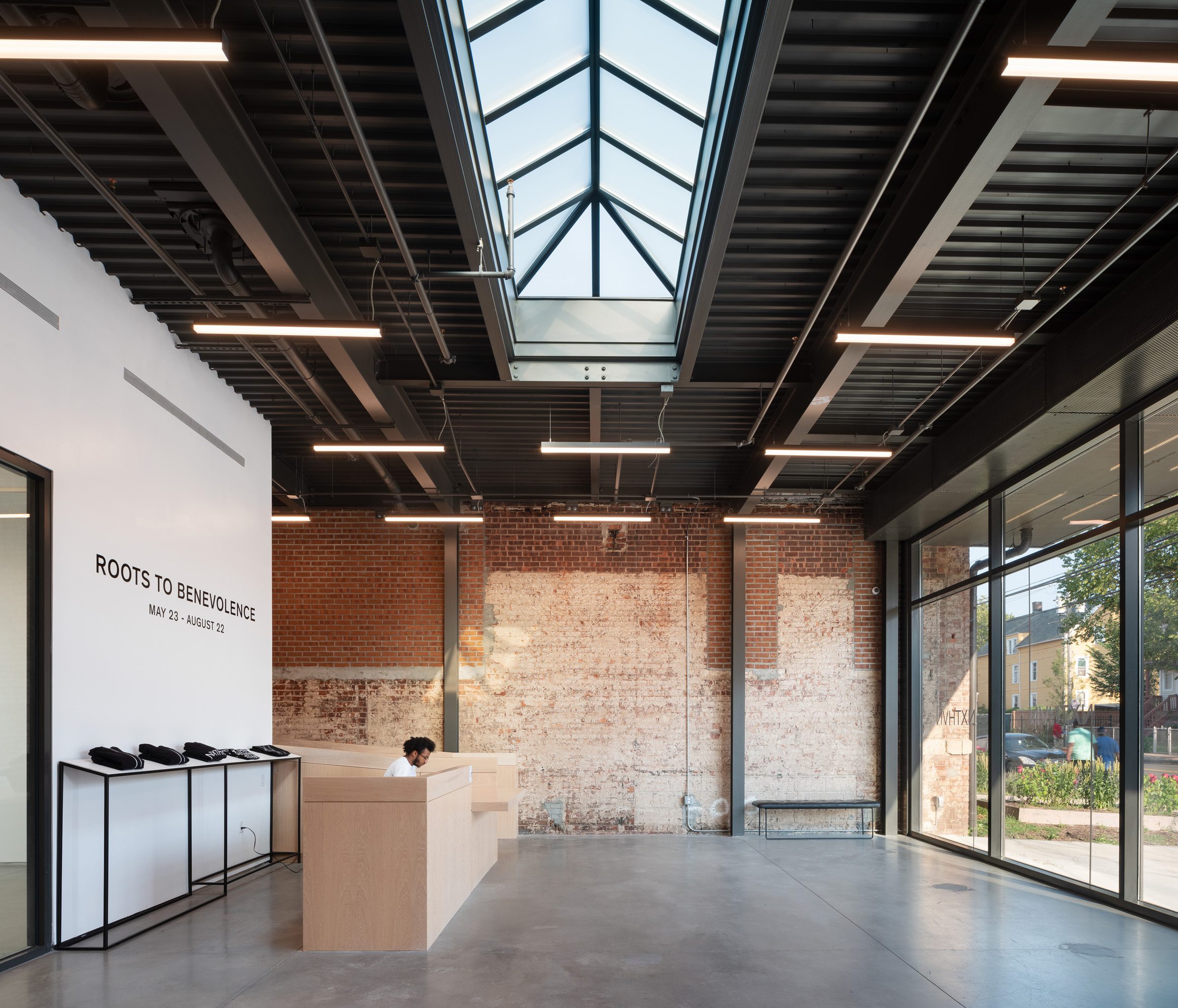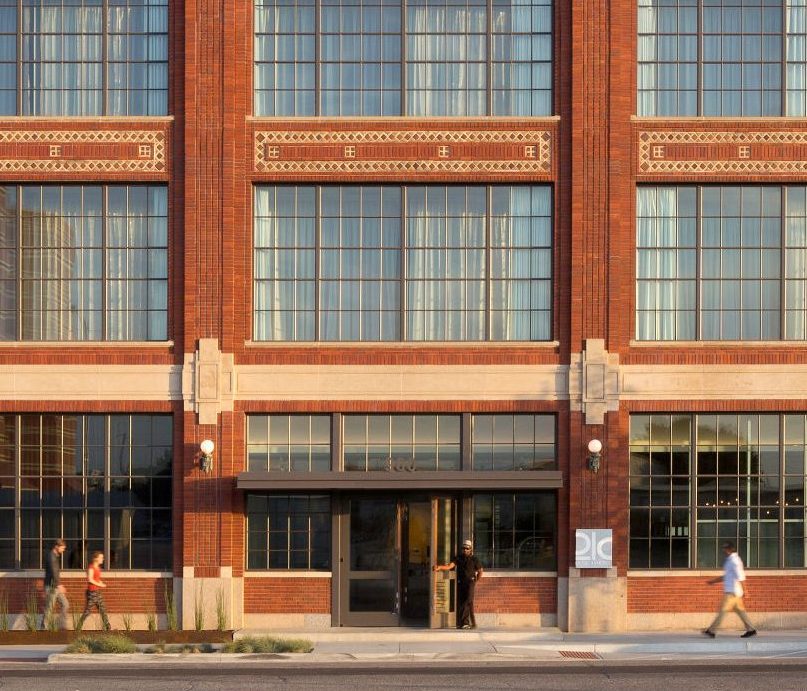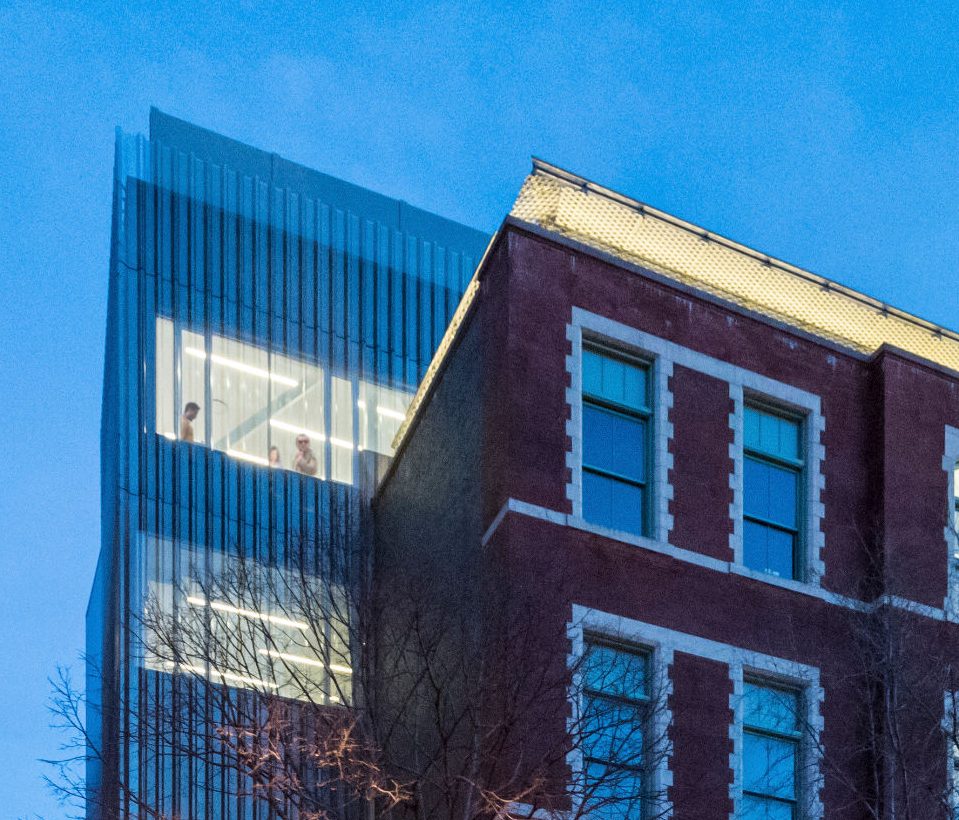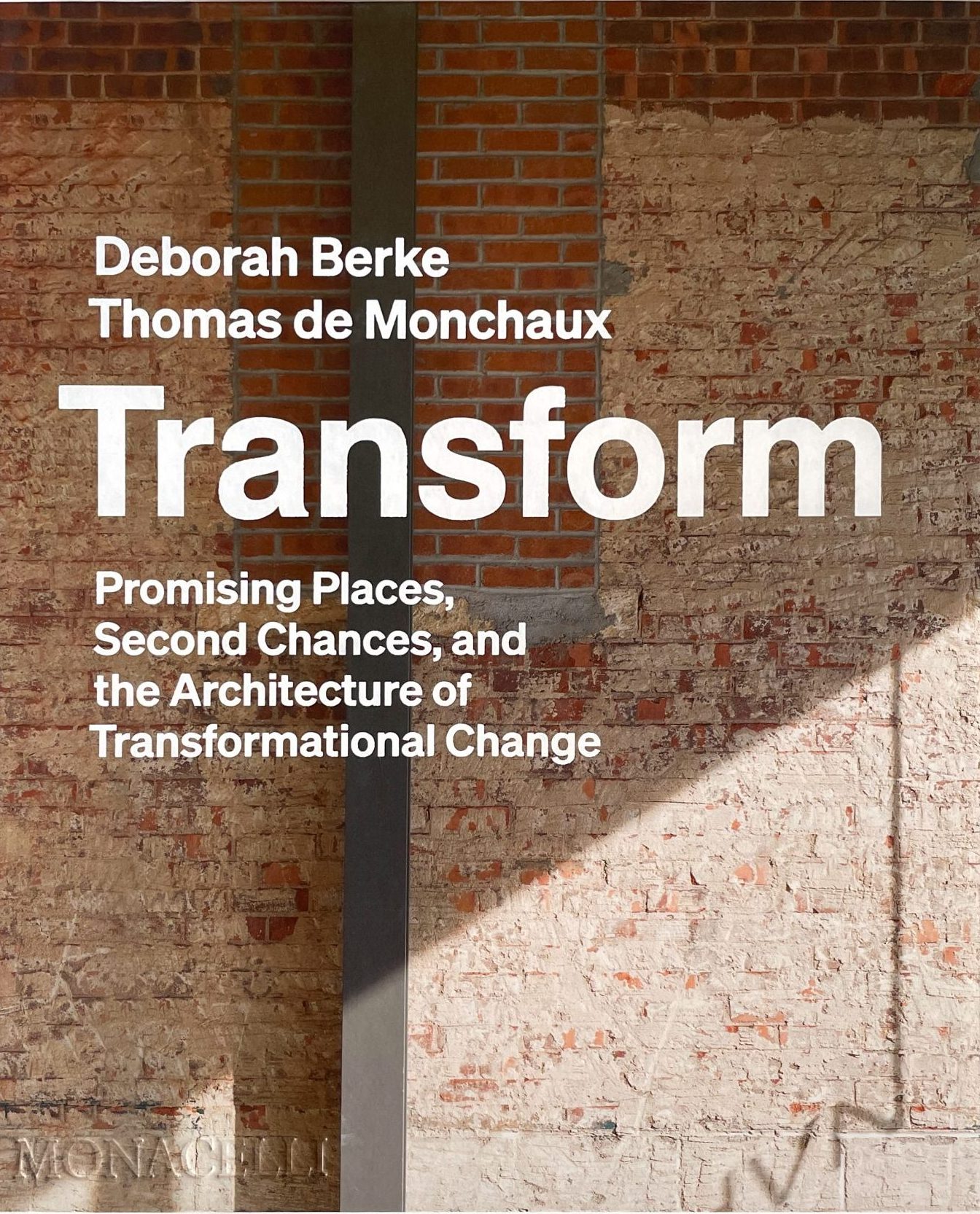
Transform: Promising Places, Second Chances, and the Architecture of Transformational Change
2023
Type: Reuse
Adaptive Reuse is how architecture helps us grow into a changing world. It combines the best of old and new—through renovation, restoration, regeneration, reimagination, and repair. A practice of sensitive stewardship and creative conservation, it is what turns the obsolete into the germane. With TenBerke’s most recent publication with Monacelli, Transform: Promising Places, Second Chances, and the Architecture of Transformational Change, the studio shows that creatively and visibly repurposed places are also where people feel especially empowered to make new beginnings in their own lives.
“Just as the word amend has its powerful double meaning of repair and critique, so does the word promise: the promise of a space speaks to its potential energy and its diamonds in the rough; but a promise is also something far more solemn, even severe—it is a binding commitment to a course of action.”
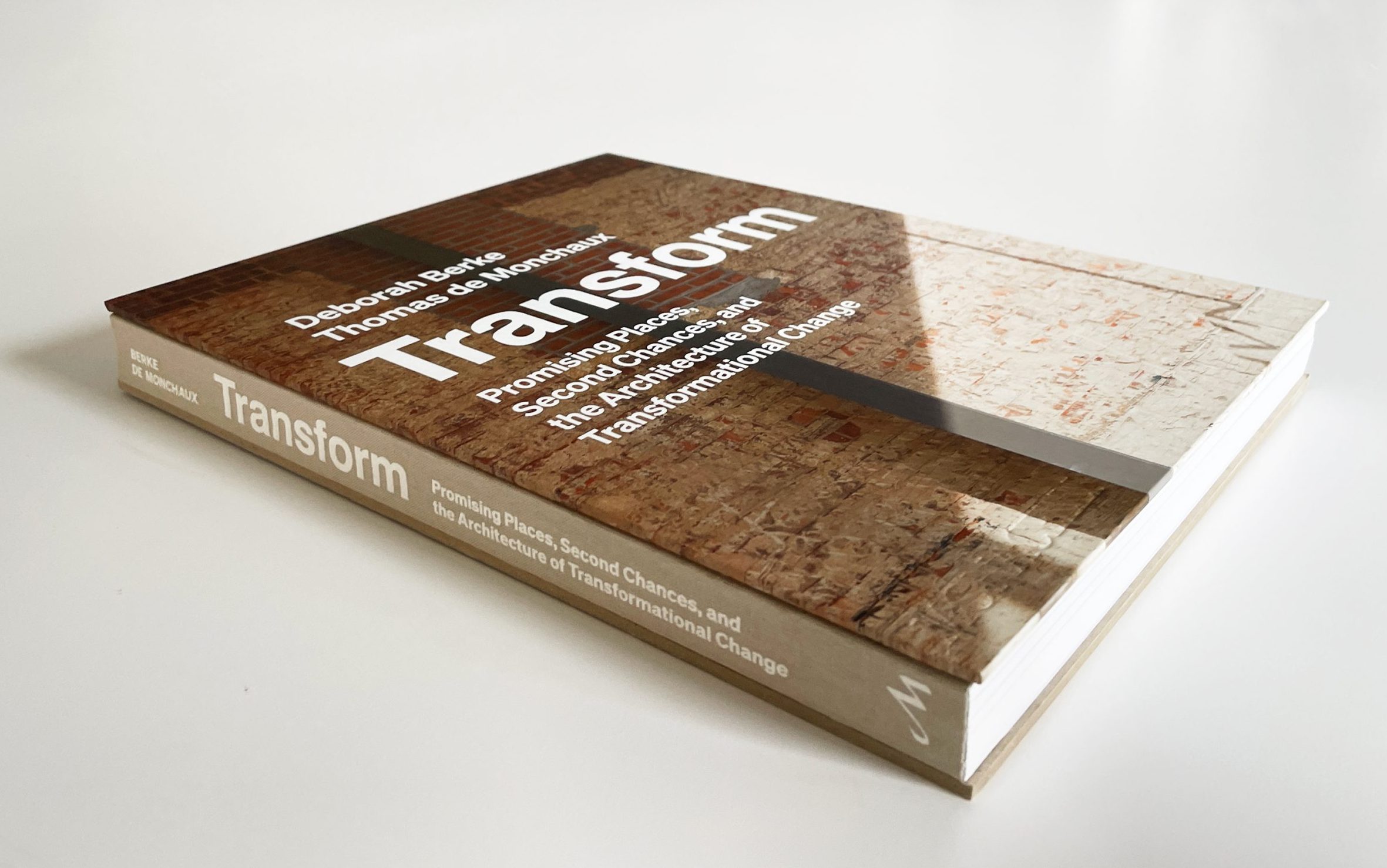
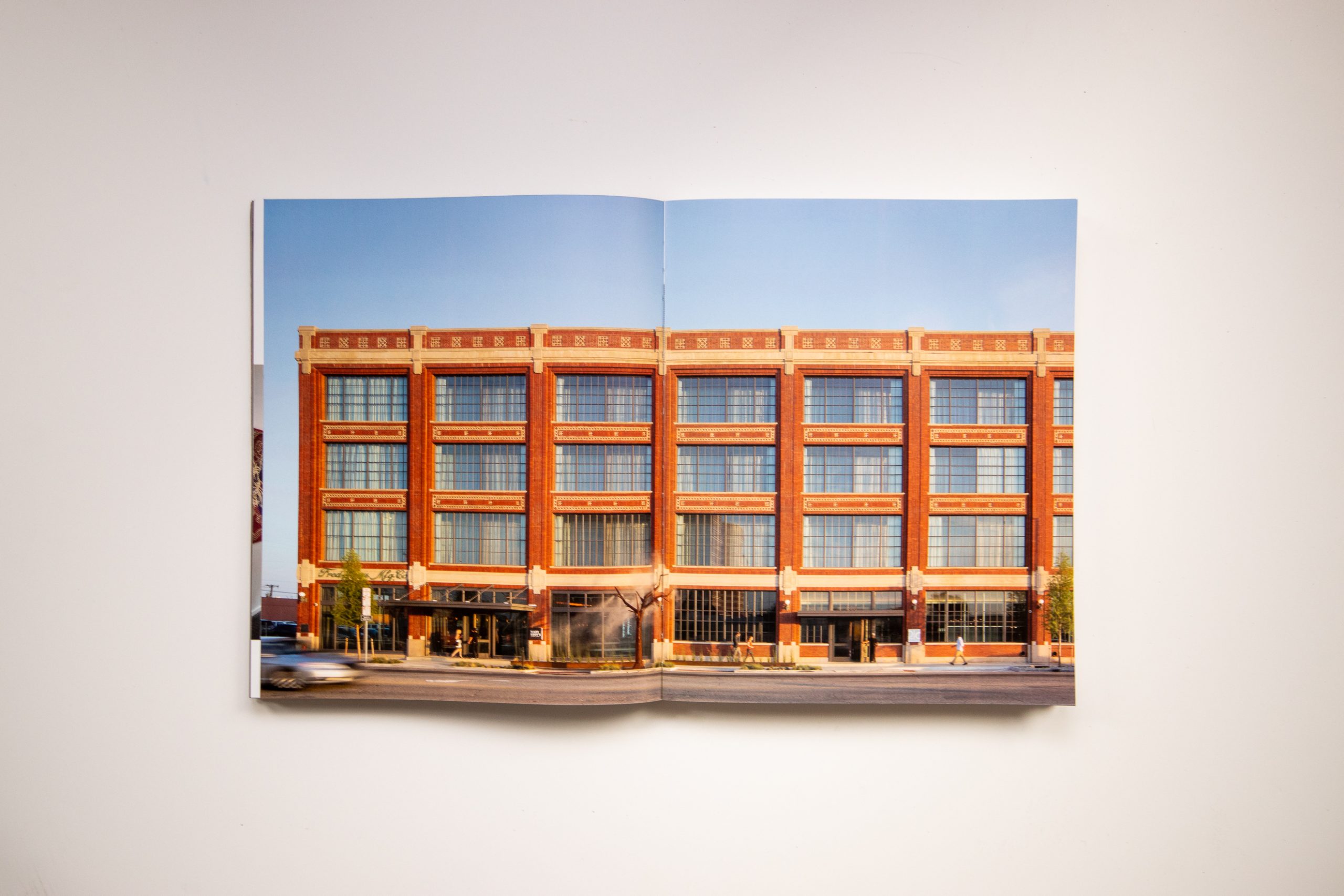
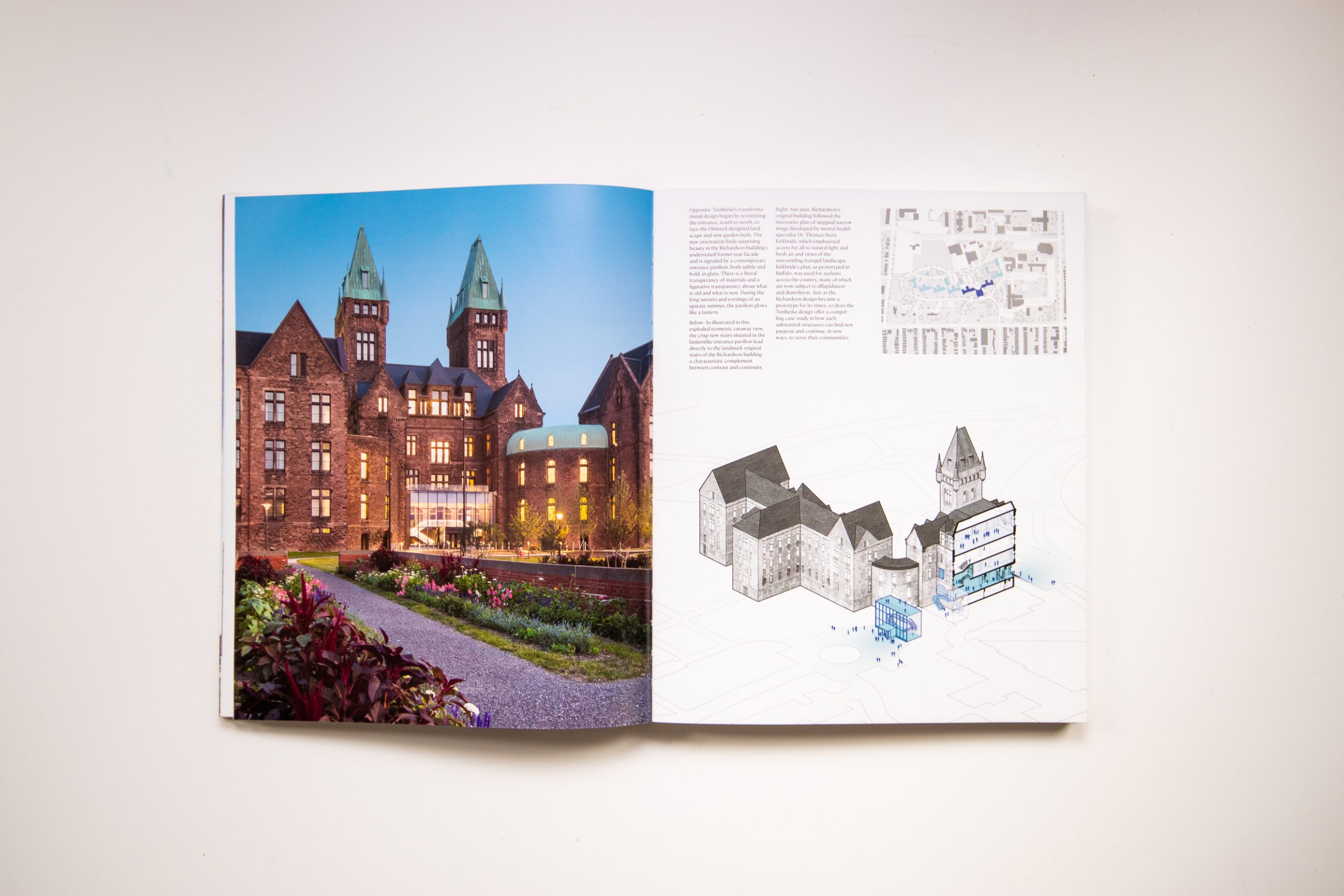
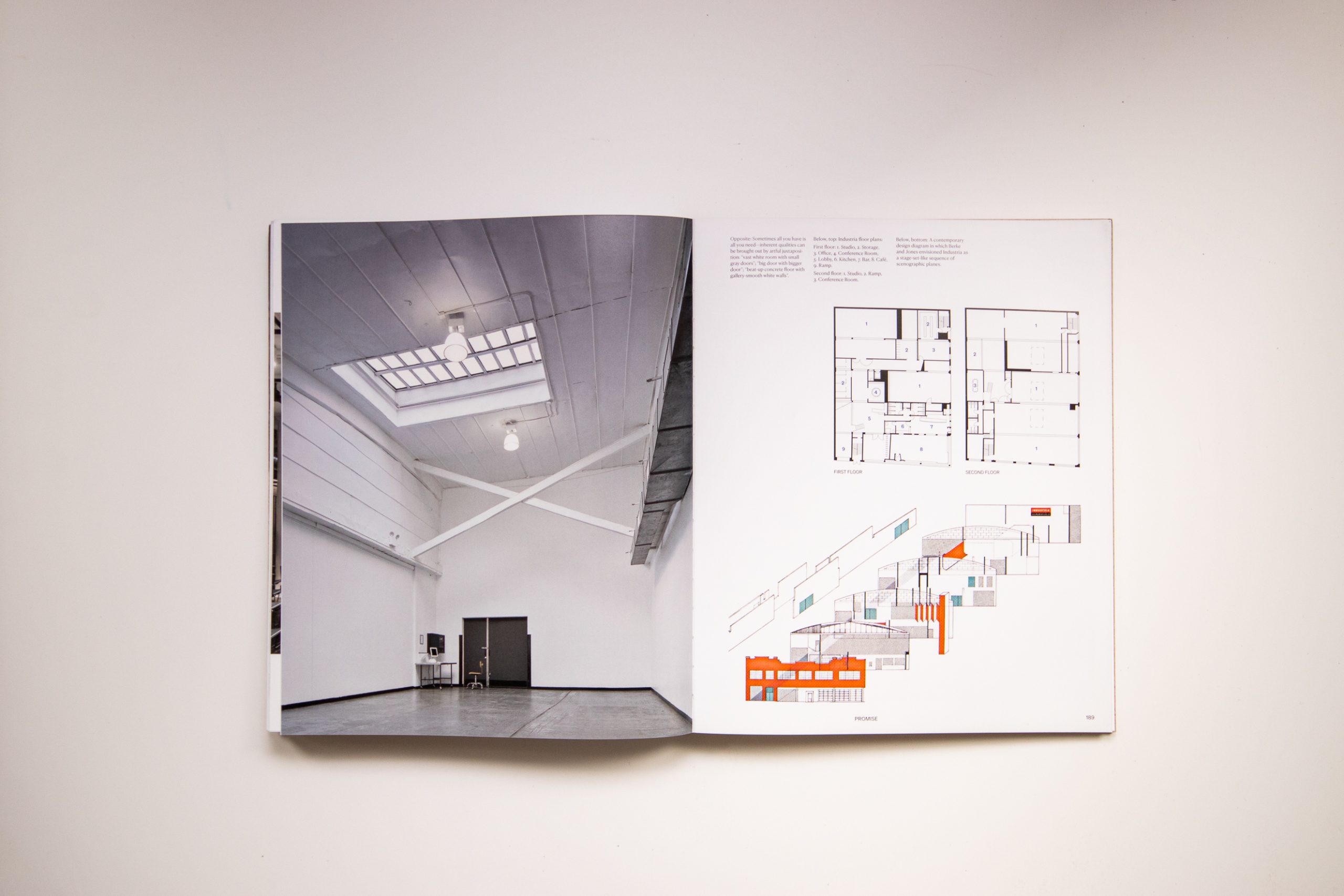
Key People
Collaborators
Thomas de Monchaux
Author
Titus Kaphar
Contributor
Karen Seto
Contributor
Miko McGinty
Publication Director
Julia Ma
Book Design
Monacelli
Publisher

